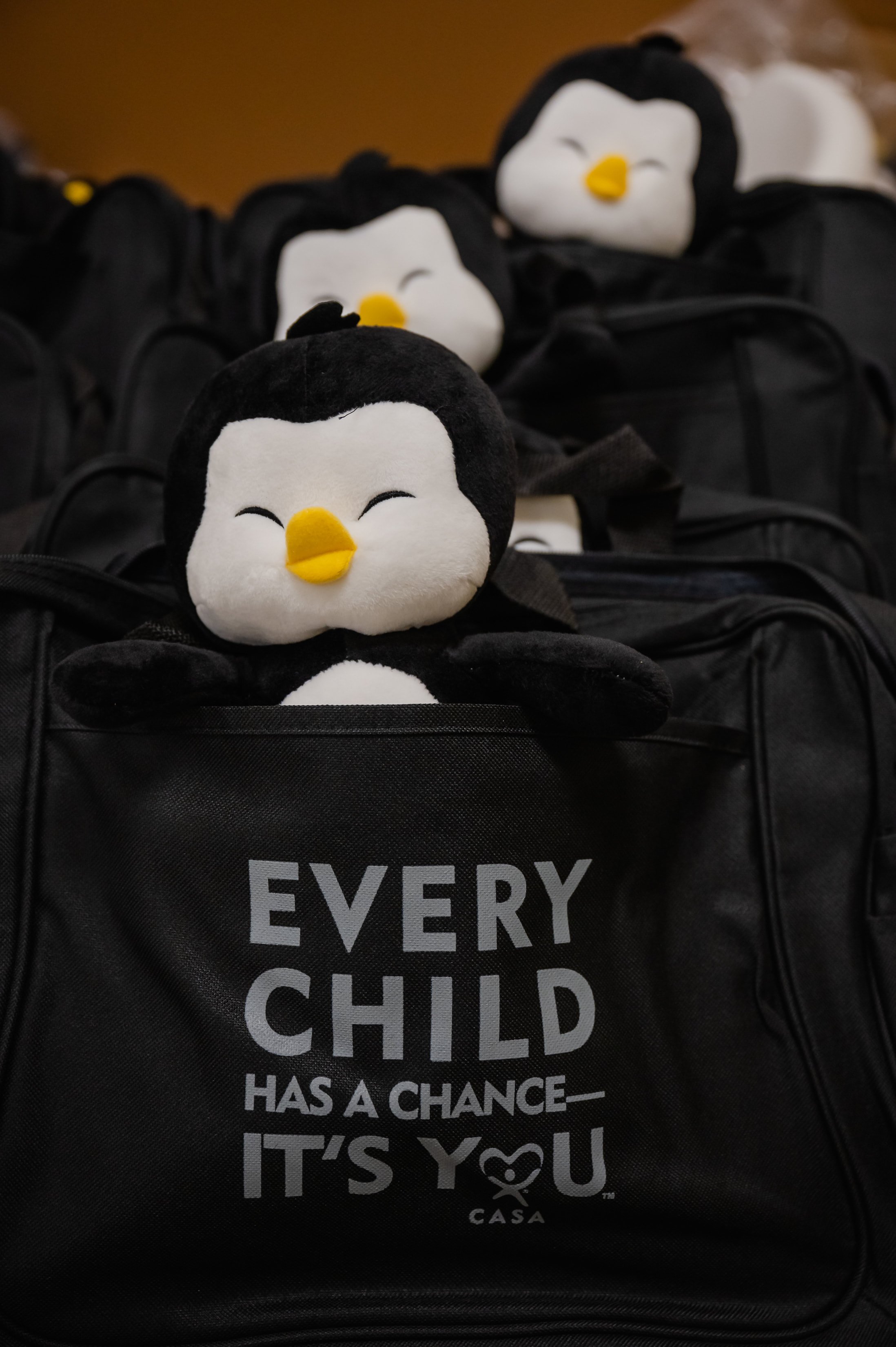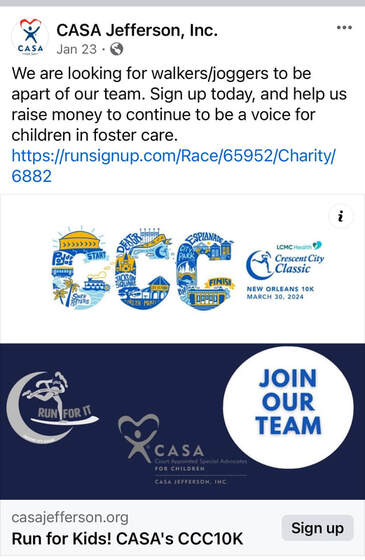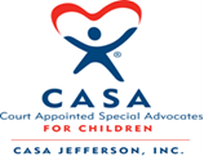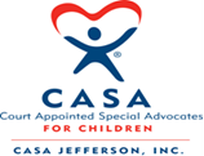|
Registration Link: www.runsignup.com/Race/65952/Charity/6882 As a CASA, always remember: Developing a positive relationship with the caseworker on your child’s case is extremely important. Social Workers and CASA’s both work for the best interest of the child(ren) in foster care. Our nation needs social workers more than ever. Homelessness is on the rise. The opioid addiction crisis has hit the United States hard, impacting all races, regions, and economic levels. Suicide, too has risen, according to the Centers for Disease Control. Social workers are uniquely qualified to handle these societal troubles. Social workers enter the profession because they truly want to help others. They go through years of education, training, and supervision so they can do the delicate but important work of meeting people where they are and helping them achieve their goals. Social workers are also trained to help individuals, families, communities, and even the larger society if regulations and laws must be changed in order to help people who need it. You will find social workers everywhere—in schools, hospitals, and at the federal, state, and local levels in government, corporations, social service agencies, veterans centers as well. However, social workers need support to meet the high demand for their vital work. That is why the Social Work Month theme for 2024 is Empowering Social Workers! Theme and Rationale 2024 (socialworkers.org) Rees-Jones Center for Foster Care Excellenceubstance-Exposed Infants: Fact Sheet Babies exposed to drugs and alcohol during pregnancy may challenge those caring for them. Nurturing these babies and meeting their needs already has had a profound impact on their healing. Here are some facts about substance exposed infants that may help prepare caregivers for challenges they may face as they help these babies to grow and thrive. Who are substance-exposed infants? Substance exposed infants are babies whose biological mother took one or a combination of drugs, (such as heroin, cocaine, methamphetamine) or certain medicines (anti-anxiety medications/opioid pain medication/ antidepressants) during pregnancy. Drinking alcohol during pregnancy can result in babies having specific birth defects in addition to developmental concerns. Smoking during pregnancy may also have similar effects. What happens after they are born? When a baby is born, these substances may cause short- or long-term effects. Short term problems such as withdrawal symptoms occur because the supply of the substance is suddenly stopped. Long-term effects may include problems with development, learning and behavior throughout childhood, adolescence and adulthood. What are some of the effects of substance exposure on infants and children? Below are some examples of short and long-term problems substance-expos SHORT TERM IMPACT - Low birth weight - Withdrawal symptoms: - Can be observed after the baby is born. - Can last a few weeks or a few months. - Babies may need medication for withdrawal symptoms. Problems include: - Irritability - Trouble sucking, eating, swallowing Unable to take pacifier - Trouble Sleeping - Excessive yawning - High pitched cry - Difficult to soothe - Excessive spitting-up, diarrhea - Stuffy nose, sneezing - Stiff arms and legs, jerky movements - Trouble gaining weight LONG TERM IMPACT Many babies who were exposed to substances before they were born may look healthy but they may have considerable behavioral and developmental difficulties. These problems may affect their daily routines later in life. These issues may include: - Delays reaching developmental milestones (walking, talking, playing) - Hyperactive/trouble focusing - Over-reactive to the sensation of movement - Inability to settle down - Rapid shifts in mood (calm one minute, screaming the next) - Difficulty adapting to change - Sleeping and eating disturbances - Aggression - Impulsivity - Learning difficulties - Poor weight gain Resources: Zero to Three https://www.zerotothree.org CDC Developmental Milestones https://www.cdc.gov/ncbddd/actearly/index.html Neonatal Abstinence Syndrome (NAS) https://kidshealth.org/en/parents/nas.html Healthy Children.org from the American Academy of Pediatrics https://kidshealth.org/en/parents/nas.html Early Childhood Intervention Services(ECI) https://hhs.texas.gov/services/disability/early-childhood-intervention services Our Mission is to break the cycle of child abuse and neglect through volunteers advocating for safe, nurturing, and permanent homes for foster children in our community. Our Vision is to have volunteers recruited, trained, and assigned to every child in the foster care system in Jefferson Parish. As of 3/1/24, we have 50 children waiting for a volunteer advocate. If you know anyone who would be interested in becoming a volunteer contact CASA Jefferson 504-533-8757 www.casajefferson.org. CASA Jefferson Court-Appointed Special Advocates are appointed by judges to serve as the voice for children in foster care. By getting to know their assigned child and the people involved in the child’s life, Advocates can fight for the best interest of the child and serve as a consistent, responsible adult presence in their life. Through recommendations made in court, Advocates ensure that their CASA child’s needs are being met and that they’re not lost in our overburdened child welfare system. Register For An Information Session or call CASA Jeferson at 504 533-8757 for more information. https://www.casajefferson.org/register-for-an-info-session.html CASA JEFFERSON MARCH ADVOCATES Ann Palmisano - 4 years Cameron Ponder - 2 years Gina DeRojas - 4 years Julie Kuchta - 3 years Leslie Smith - 5 years Paula Jascot - 3 years CASA JEFFERSON
MARCH ADVOCATES Gina DeJojas Megan O'Cain Stephen Roques |
Click to upload Footer Background below












 RSS Feed
RSS Feed



